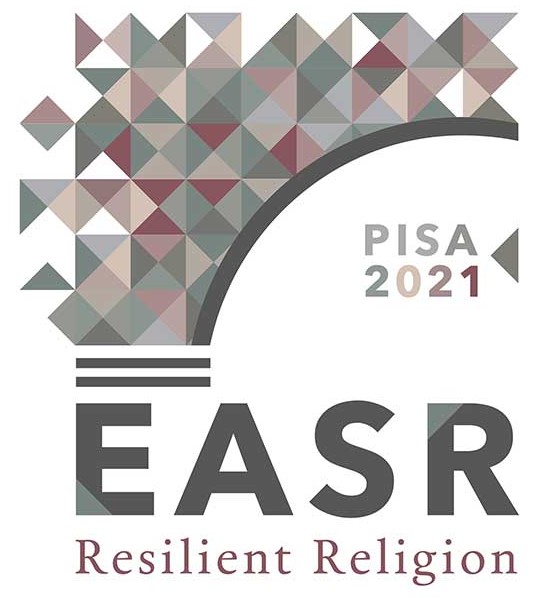Gender Law and Religion During the COVID-19 Health Crisis
Looking at Covid-19 infection from gendered lens, it deeply affected individuals who are in a vulnerable position, as women, giving rise to new concerns about gender equity and inclusion. This scenario is deeply exacerbated when gender interacts with other markers of identity such as religious affiliation. Such intersection gives rise to a double vulnerability, and the risk is enhanced of new form of female discrimination, violence, hate speech and harassment.
In different legal contexts, women have many roles and responsibilities, and the interaction between gender, law, religion and COVID-19 is likely to have an impact in terms of disempowerment in the processes of building a “female identity”. This occurs not only in western countries, where migrant women fight for a full integration, but also in their countries of origin, where they suffer the costs of models of normative pluralism and the inadequacy of state legal responses. In different environments, the pandemic has not only generated an unprecedented health crisis, has it also gave rise to other social and economic issues such as an increase in gender-based violence in family settings, and gender inequalities in the access to fundamental rights (healthcare, education, workplace, justice).
In this complex framework, religious leaders have to face new challenges and to give effective responses to their communities, as well as the female role in leadership can play a significant role during a pandemic, in order to urge the implementation of new paradigms, more responsive to new needs social/cultural/ legal change. All religious actors are called to guarantee not only guidance and support to the most vulnerable and marginalized members of their communities, but also to cooperate with governments to shape a better future where religious freedom, gender equality, gender justice and freedom from discrimination can develop.
The aim of panel is to investigate the impact of the pandemic on the status of women in faith communities, on the implementation of new balances between female religious/cultural claims and the compelling state interest to public welfare and on the development of new gendered intersectional perspectives aimed at implementing female full integration, equality and participation in civil society.
The panel is open to contributions from different disciplines in a comparative and/or single case perspective.
Adelaide Madera: adelaide.madera@unime.it
